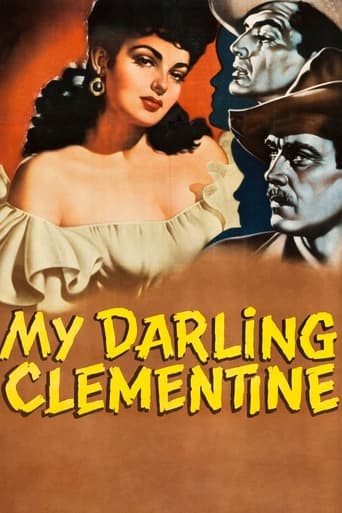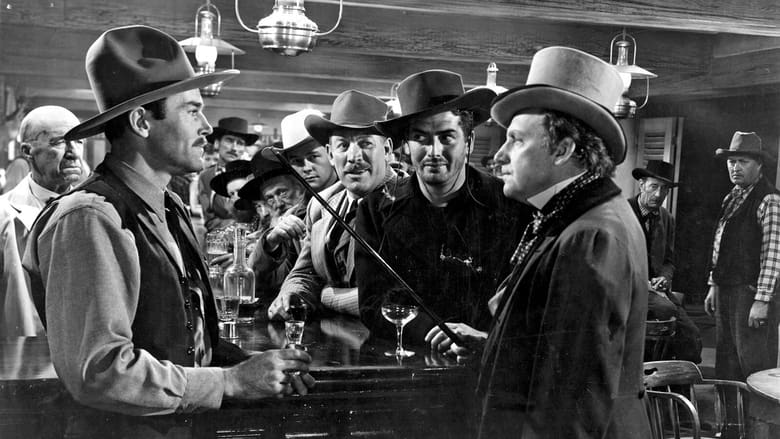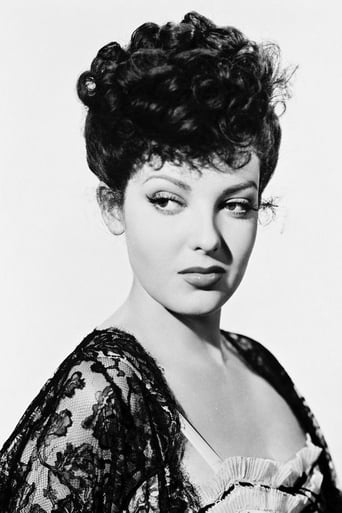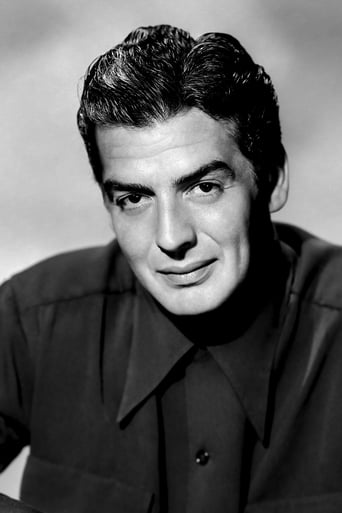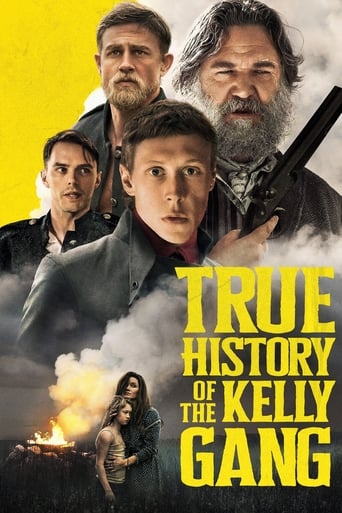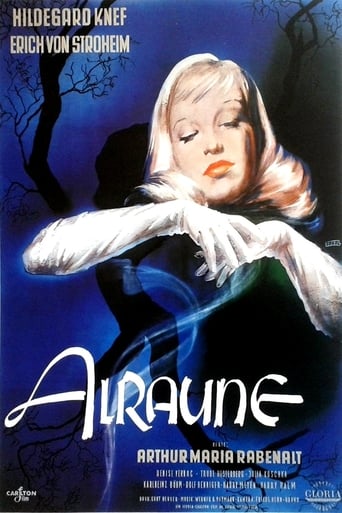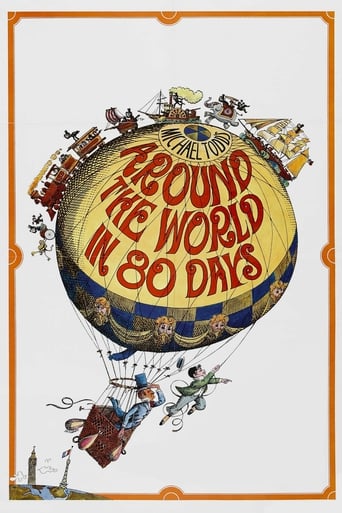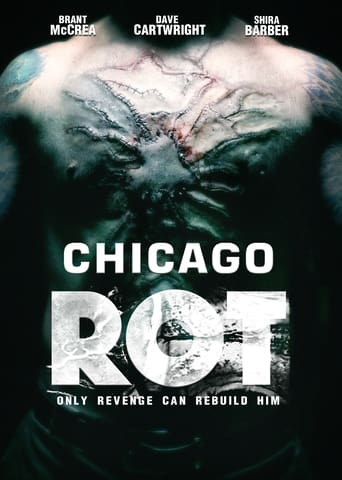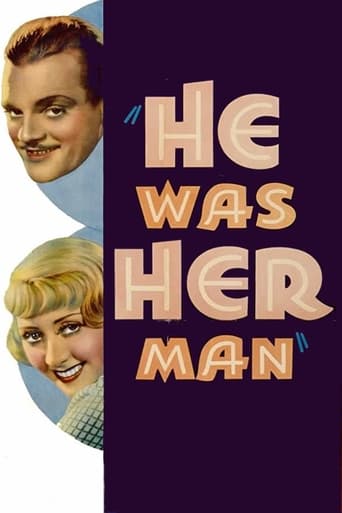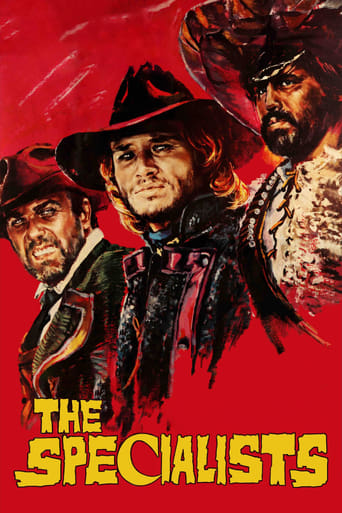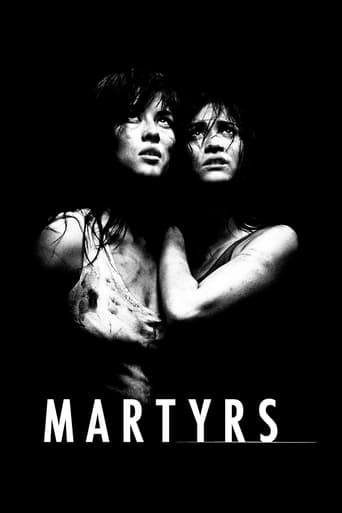My Darling Clementine (1946)
Wyatt Earp and his brothers Morgan and Virgil ride into Tombstone and leave brother James in charge of their cattle herd. On their return they find their cattle stolen and James dead. Wyatt takes on the job of town marshal, making his brothers deputies, and vows to stay in Tombstone until James' killers are found. He soon runs into the brooding, coughing, hard-drinking Doc Holliday as well as the sullen and vicious Clanton clan. Wyatt discovers the owner of a trinket stolen from James' dead body and the stage is set for the Earps' long-awaited revenge.
Watch Trailer
Cast
Similar titles
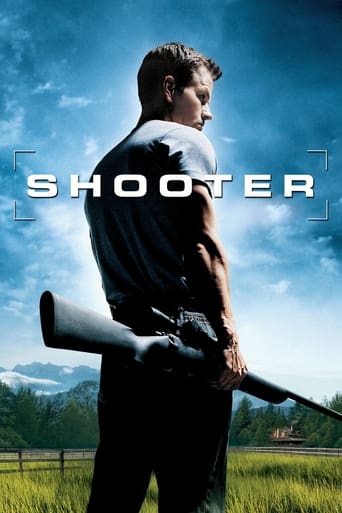
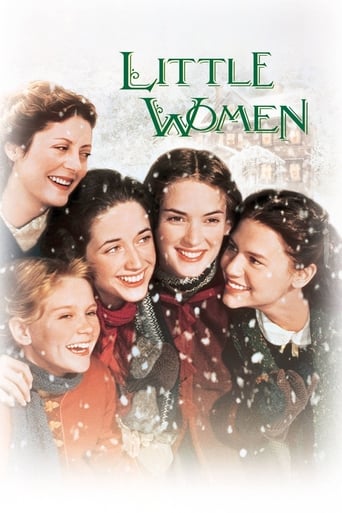
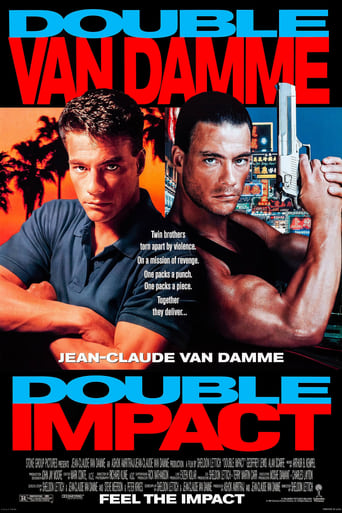
Reviews
To me, this movie is perfection.
People are voting emotionally.
A lot of fun.
By the time the dramatic fireworks start popping off, each one feels earned.
MY DARLING CLEMENTINE is a pretty good western from iconic director John Ford, benefiting from some strong actors and bolstered by some fine tunes being played throughout, but I found the definitive version of this story to be Costner's Wyatt Earp, which just seems more layered, more detailed, and with better characterisation to boot.Henry Fonda is a good choice for Earp, bringing exactly the right level of gravitas to the role, although Victor Mature's Doc Holliday is something of a more controversial choice for the role. The requisite number of familiar faces play in support and there's a woman with the bizarre name of Chihuahua. A lot of purists have complained that Ford changed a lot of the facts to fit the film, but that's not something that particularly bothers me.
. . . ten men their lives in MY DARLING CLEMENTINE. When Henry Fonda turns down Walter Brennan's impromptu post-sunset low-ball cattle herd purchase offer in the middle of the Arizona desert, the men do NOT exchange business cards. But you can tell by the look on Walt's face at he hotel desk later that evening that IF Hank had told him out in the desert that he was "Wyatt Earp," Walt never would have killed Wyatt's little brother and stolen the Earp cattle herd. Another Earp, Doc Holliday, two of their anonymous allies, and all five of Walt's clan then bite the dust (not to mention Chihuahua, who doesn't count because she's not a guy, she's not White, and she's not even Doc's dog!). Besides Jimmy's demise, not much happens for the first hour plus of MY DARLING. We get a smattering of Shakespeare, a smidgen of faro (which seems to be some sort of Old Timey card game), a Doc with too many women and too little breath, and a sheriff who's reluctant to meet a woman or mete out death. Then Walt has to find out that DUST BE MY DESTINY the hard way.
Despite the title, this film does not tell the story of the "miner, forty-niner", who dwelt with his daughter "in a cavern, in a canyon, excavating for a mine" during the California Gold Rush. It is rather one of several Westerns about Wyatt Earp and the Gunfight at the OK Corral, although "Oh My Darling, Clementine" serves as the theme song, even though it was not written until 1884, three years after the Gunfight. That, however, is far from being the only liberty which this movie takes with history. In this version the Earp brothers are driving cattle to California and are passing through Tombstone when their cattle are rustled and James, the youngest brother, is shot dead by the Clanton gang under the leadership of their patriarch Old Man Clanton. Seeking to avenge his brother's murder, Wyatt takes the job of town marshal and makes the acquaintance of Doc Holliday, originally a surgeon from Boston but now a local gambler. The two men initially take a dislike to one another, but realise that they need to work together against the Clantons, especially after another Earp brother, Virgil, is murdered by them. During the Gunfight Wyatt, his surviving brother Morgan and Doc take on the Clantons; they emerge victorious, but Doc is fatally wounded. Another important theme involves a love-triangle between Doc, his former sweetheart from back East, and his mistress Chihuahua, a fiery Mexican girl. (And, in the universe inhabited by Hollywood screenwriters, what Mexican girl is anything other than "fiery"?)What is wrong with the above synopsis? Well, from a historical perspective, just about everything. The Earps were never cattle drovers. James Earp was the oldest of the brothers, not the youngest, and was not murdered. He died of natural causes at the age of 85 in 1926. Old Man Clanton died before the Gunfight. Wyatt was not town marshal of Tombstone; Virgil held that position. Wyatt and Doc were close friends and knew one another before the Earps arrived in Tombstone. Doc was originally from Georgia, not Boston, and was a dentist rather than a surgeon. He survived the Gunfight unscathed, dying of tuberculosis six years later. Like James, Virgil was not murdered; he survived an attempt to kill him several months after the Gunfight (not before it) and lived until 1905. The film even gets the year and time of day wrong. The Gunfight at the O.K. Corral took place on October 26th 1881, at about 3 pm, but here the date is given as 1882 and the Gunfight takes place at dawn. Chihuahua and Doc's ex-lover are both fictitious characters. The latter is given the name Clementine Carter, presumably because the filmmakers needed to find some justification, however spurious, for their title and for using that song. There is, however, no rule which says that historical films have to be 100% historically accurate or which forbids directors and scriptwriters from rearranging historical fact in order to suit the story they want to tell. If there were such a rule, some very great films could never have been made. There seems to be a widely-held opinion that "My Darling Clementine" falls within the category of Very Great Films; an opinion I am unable to share. It may be a good film, but falls some way short of being a great one, although my reasons for saying so have nothing to do with its lack of fidelity to historical truth. Nor do they have much to do with political correctness, even though, if judged by the standards of 2014, John Ford would certainly be found wanting on that particular score, both here and in many of his other movies. Quite apart from the ethnic stereotyping of Mexican women we also have the scene where Chihuahua is unceremoniously dumped in the horse-trough and there are disobliging references to Indians as violent drunkards who should stay on their reservations and out of any places where decent white folks might live. Henry Fonda's Wyatt Earp was perhaps rather too quiet and restrained for my taste; I preferred the interpretations of Burt Lancaster in "Gunfight at the OK Corral" and Kevin Costner in "Wyatt Earp", both of whom seemed to bring a greater presence and solidity to the role. I felt that the powerfully built, healthy-looking Victor Mature was miscast as the supposedly frail, tubercular Doc; a few obviously feigned coughing-fits were not enough to convince me that he was seriously ill. The changes to the historical facts made in this film have the effect of making Holliday a tragic hero and a central figure in the story, arguably more important than Wyatt Earp himself, and I felt that Mature did not really have the scope as an actor or the range of emotions needed for the role. On the positive side the black-and-white photography of the Western landscapes is, as one might expect from Ford, wonderful, although all those shots of Monument Valley suggest that he has relocated Tombstone from Arizona into Utah. (Is it a Federal offence to transport a town across State lines?) The gunfight scene is well staged, the musical score is a fine one and there are some good performances in supporting roles, notably from two lovely young actresses, Linda Darnell and Cathy Downs, as Chihuahua and Clementine, and from Alan Mowbray as the eccentric British actor Granville Thorndyke. (His name is derived from two real British actors, Harley Granville Barker and Russell Thorndike). "My Darling Clementine" is not my favourite version of the Wyatt Earp story; that would probably be "Gunfight at the OK Corral" It is a very decent Western adventure, but I just can't see it as a great all-time classic. 7/10
OUR FIRST CONTACT with the name of Wyatt Earp was with "THE LIFE AND LEGEND OF Wyatt Earp" TV Series, with Mr. Hugh Obrian. Like most first impressions, it was strong, persistent and seemingly everlasting. We found several other versions of this Wyatt Earp tale in the ensuing years and gradually our perception and interpretation of the story was superseded.FIRST OF ALL came GUNFIGHT AT THE O.K. CORAL, with Burt Lancaster and Kirk Douglas. This we saw at our neighborhood theatre. It was very impressive, indeed; featuring a supporting cast that included John Ireland. Full Color, big screen and that great theme song! Being on a double bill, it nearly made us forget the other movie, a FRANCIS THE TALKING MULE movie, no small feat to a 10 year old! SOME YEARS LATER, it was on one of our regular channels that we first saw MY DARLING CLEMENTINE. This was not the last time; nor do we think it will be our last.IN ITS GLORIOUS black & white, narrow screen process, it drew us into the story in a most memorable manner. Its fine cast, headed up by Henry Fonda and Walter Brennan deliver a most satisfactory ensemble performance; all in the usual manner of its Director, John Ford.WHEREAS GUNPLAY, KILLINGS and other violent acts are, by the very nature of the Western, present and numerous; the storyline and characterization are the all important. Relkationships of the characteristics, be they that of the Earps, with Clementine or with the hostile Clantons, make up the bulk of the scenario.AND, BECAUSE THERE is no real surprise concerning the ultimate shoot out, Director Ford shifts the suspense on what happens post hostilities. UIsing a great dramatic tool, there is an uncertainty at the conclusion. Seemingly, this is one 'Horse Opera' where the hero doesn't get the girl!WE DELIGHTED IN the fine performances turned in by Walter Brennan, Linda Darnell and (especially) Victor Mature; once again showing his worth and proving himself to be a most overlooked dramatic player.
